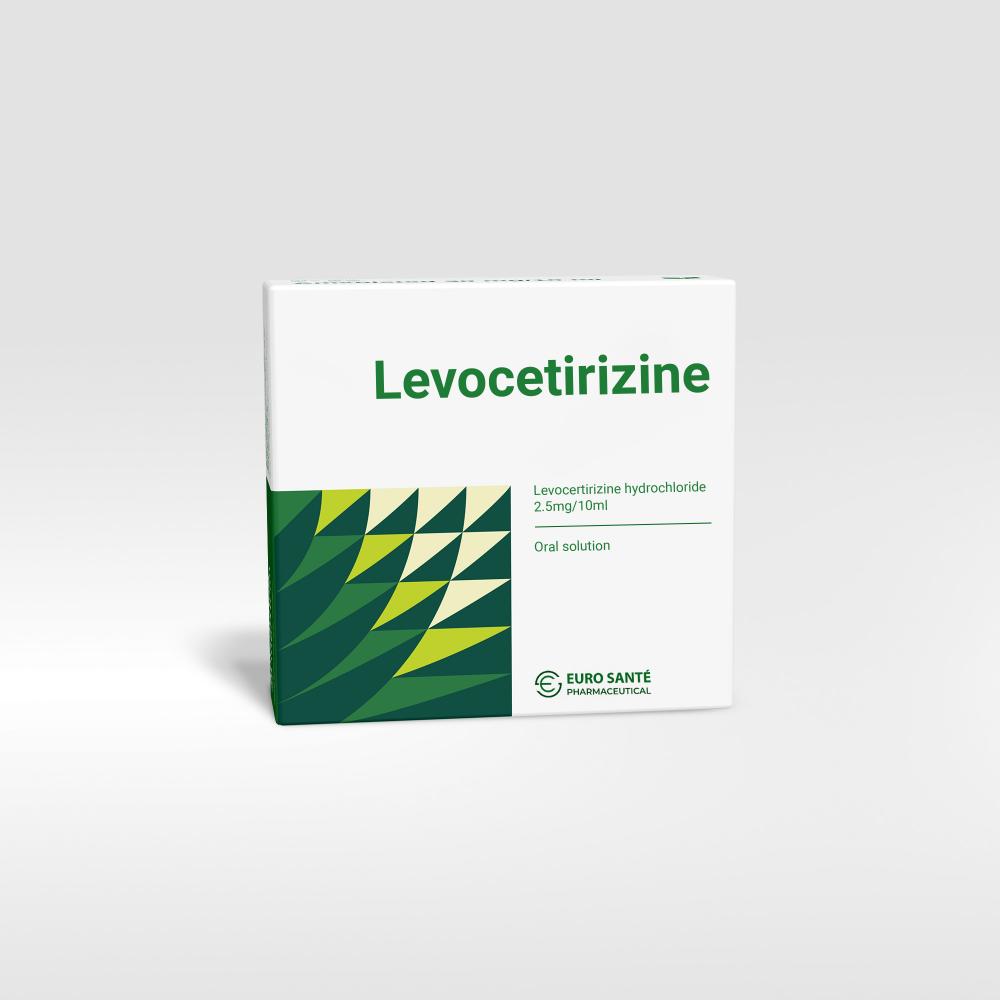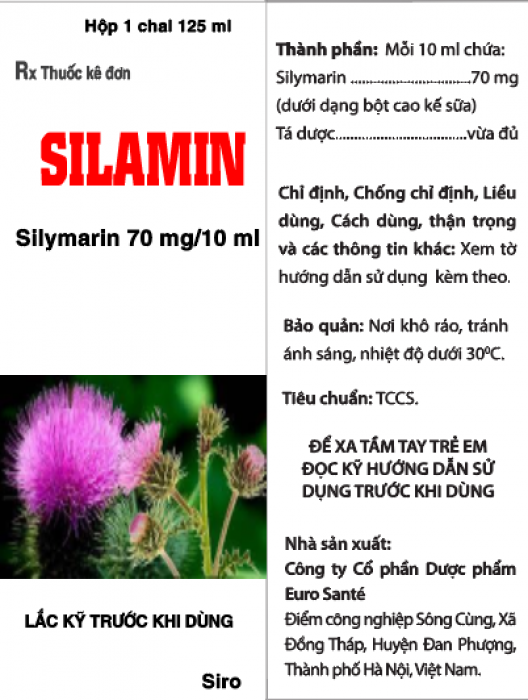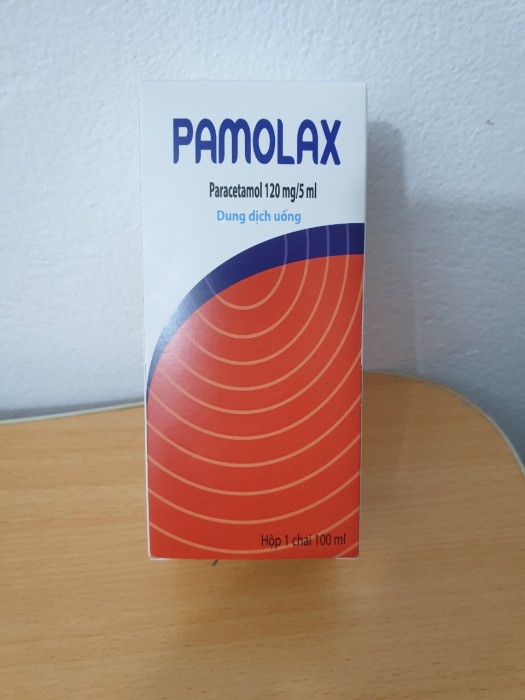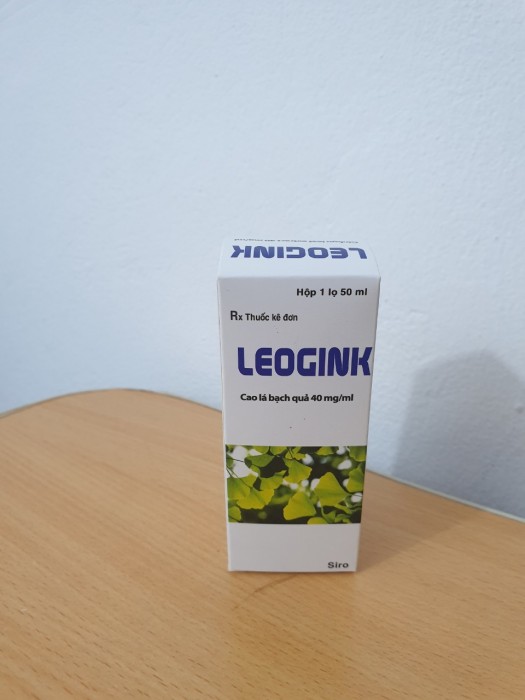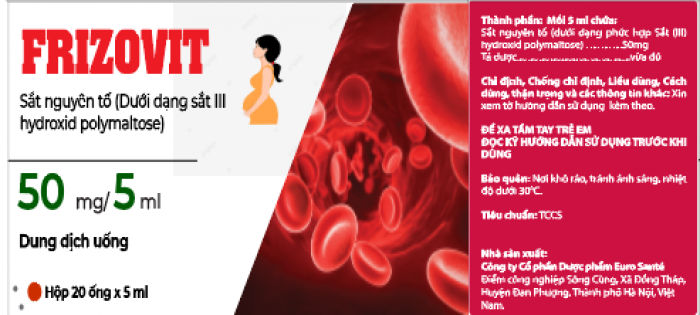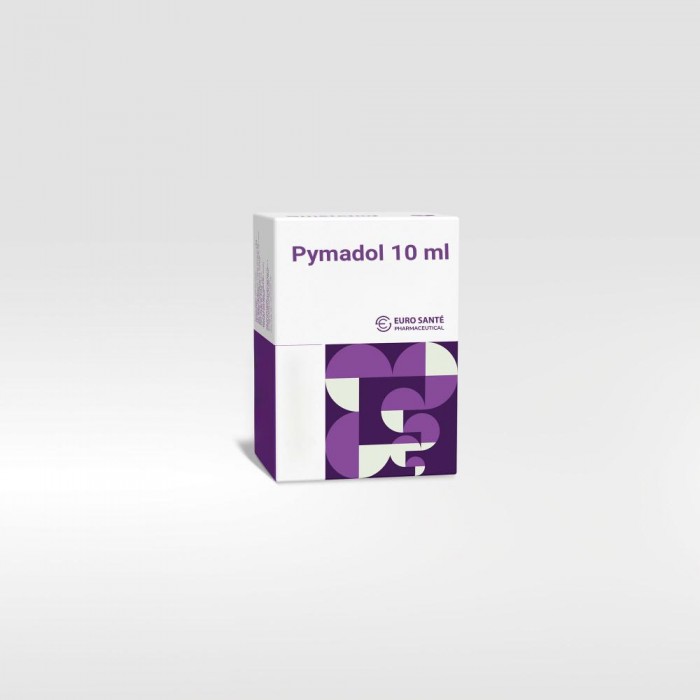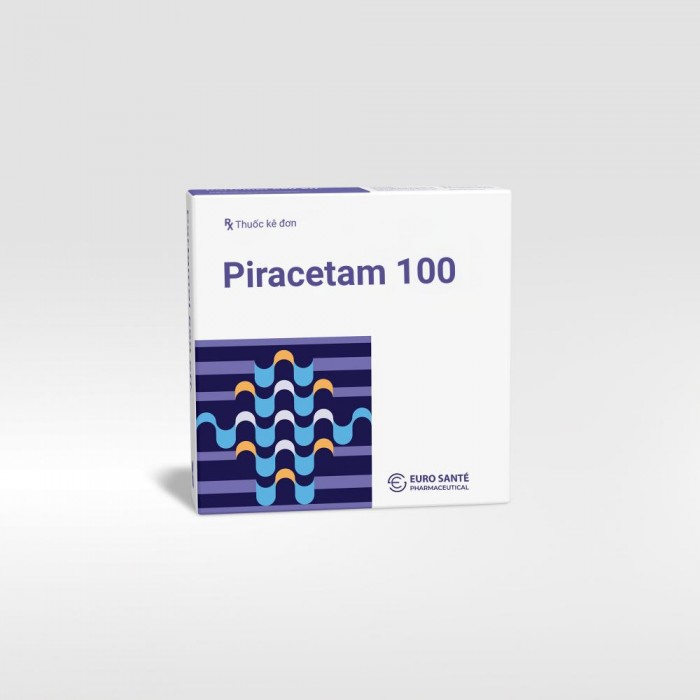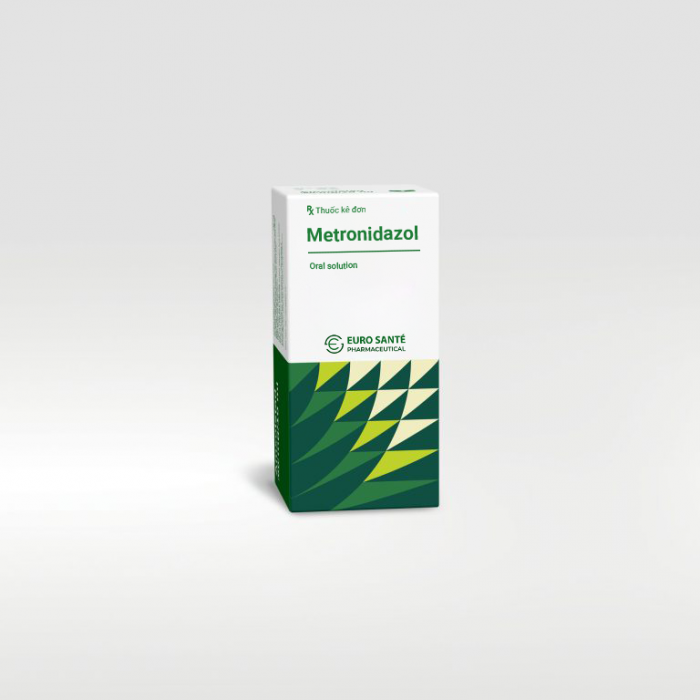1.Composition
Levocertirizine hydrochloride 2.5mg/10ml
2.Dosage Form
Oral solution
3.Indication
Indicated for:
- Relief of nasal and ocular symptoms of seasonal and perennial allergic rhinitis;
- Relief of symptoms of chronic idiopathic urticaria.
4.Dosage Administration
Posology
Adults and adolescents 12 years and above:
The daily recommended dose is 5 mg (10 ml of solution).
Elderly
Adjustment of the dose is recommended in elderly patients with moderate to severe renal impairment (see Renal impairment below).
Renal impairment
The dosing intervals must be individualised according to renal function. Refer to the following table and adjust the dose as indicated. To use this dosing table, an estimate of the patient's creatinine clearance (CLcr) in ml/min is needed. The CLcr (ml/min) may be estimated from serum creatinine (mg/dl) determination using the following formula:
Dosing adjustments for patients with impaired renal function:
|
Group |
Creatinine clearance (ml/min) |
Dosage and frequency |
|
Normal |
≥ 80 |
5 mg once daily |
|
Mild |
50 – 79 |
5 mg once daily |
|
Moderate |
30 – 49 |
5 mg once every 2 days |
|
Severe |
< 30 |
5 mg once every 3 days |
|
End-stage renal disease - Patients undergoing dialysis |
< 10 |
Contra-indicated |
In paediatric patients suffering from renal impairment, the dose will have to be adjusted on an individual basis taking into account the renal clearance of the patient and his body weight. There are no specific data for children with renal impairment.
Hepatic impairment
No dose adjustment is needed in patients with solely hepatic impairment. In patients with hepatic impairment and renal impairment, adjustment of the dose is recommended (see Renal impairment above).
Paediatric population
Children aged 6 to 12 years:
The daily recommended dose is 5 mg (10 ml of solution).
Children aged 2 to 6 years:
The daily recommended dose is 2.5 mg to be administered in 2 intakes of 1.25 mg (2.5 ml of solution twice daily).
Even if some clinical data are available in children aged 6 months to 12 years (see section 4.8, 5.1 and 5.2), these data are not sufficient to support the administration of levocetirizine to infants and toddlers aged less than 2 years (see also section 4.4).
Method of administration
An oral syringe is included in the package. The appropriate volume of oral solution should be measured with the oral syringe, and poured in a spoon or in a glass of water. The oral solution must be taken orally immediately after dilution, and may be taken with or without food.
Duration of use:
Intermittent allergic rhinitis (symptoms experienced for less than four days a week or for less than four weeks a year) has to be treated according to the disease and its history; it can be stopped once the symptoms have disappeared and can be restarted again when symptoms reappear. In case of persistent allergic rhinitis (symptoms experienced for more than four days a week or for more than four weeks a year), continuous therapy can be proposed to the patient during the period of exposure to allergens.
There is clinical experience with the use of levocetirizine for treatment periods of at least 6 months. In chronic urticaria and chronic allergic rhinitis, there is clinical experience of use of cetirizine (racemate) for up to one year.


